7 Questions To Rule Them All
Visual summary of "The Coaching Habit" the Bestseller by Michael Bungay Stanier
Hi welcome!
For those who are new, my name is Lud Toussaint and I am passionate about using visual thinking for learning and collaboration.
A lot of what I share are visual summaries of impactful books, and today’s post is no different: We are going through a powerful book for anyone trying to become more effective at work, or help others in their personal development:
“The Coaching Habit” by Michael Bungay Stanier
1. The Advice Monster
Today there is a premium in “having the answers”, being able to help others with your knowledge, experience or technical abilities. However for Michael Bungay Stanier, all those things we deeply value are hiding a more subtle problem:
→ By helping this way, you are becoming the bottleneck.
Your team becomes overdependent on you, and that prevents them from growing, find meaning and mastery over their work.
Building a Coaching Habit is how you and your team can "Do More Great Work" (another book from the author). It helps tame the urge to give advice and replaces it with asking key questions empowering people to step out the comfort zone and grow.
1. Building An Habit
Coaching in the way the author describes it, is something that can be done quickly (less than ten minutes), informally and through different channels.
However it does requires to switch our default approach to a new Coaching Habit.
To build such an Habit you will need:
A WHY / Purpose beyond yourself: If you make a vow to establish a new habit for someone else you care about, you will have a much easier time to keep it.
A specific TRIGGER: All habits have a trigger, it can be a person, an emotion, a location, a specific time, or an action done just before, or a combination of those. When you start to recognize the trigger for a bad habit, you can start to replace it with the new coaching approach / question.
A small ACTION: You want to start with a Short & Specific micro-habit - something that take less than 60 seconds to do after the trigger. This can than launch you into a bigger habit.
PRACTICE: New habits take time, attention and lots of repetition
A PLAN how to get back on track: You want to have a resilient system with a plan how to get back when you inevitably fail.
The habit formula:
To replace the bad habit you can write down the trigger with as much specific details as possible, what is your bad usual approach and what you plan to do instead.
An example from the book:
“WHEN I’m feeling frustrated (emotional state) in my weekly meeting (time) with Bob (people) because he says ‘I haven’t really thought about it (action).
INSTEAD OF asking Bob ‘Have you thought about X?’ and hoping he’ll get the suggestion that I’ve disguised as a pseudo-question, all the while thinking bad thoughts about Bob.
I WILL ask Bob ‘So what ideas do you have now?’”
We will now go through each of the 7 questions, you can try to use the habit formula to write down how you currently react and how to use those instead to be an effective coach!
For each question I have included a short youtube video from the author explaining the question in their own words. (If you are reading this as an email, you might want to switch to the Substack app for a better reading experience.)
What’s on your mind? is the “Kickstart Question”, it helps you quickly move out of small talk and go into a deeper conversation focused on what’s important for the other person.
And What Else? is “The best coaching question in the world” according to Michael. It works in combination with all other questions, and should be asked at least 3 times in a row. The first answer given to a question is rarely the best or the only one, “And What Else” helps a coach get a broader view of what’s going on and help the person being coached think more deeply.
What’s the REAL challenge for YOU here? is the Focus Question.
The worse thing you could do is spend your time solving the wrong problem, this question helps reduce the scope of the conversation to only what matters the most.
What do you want? is the Foundation Question. This question may be a hard one as we often don’t ask for what we want, or even sometime know what it is.
By asking that question we put everything out in the open, even if knowing that it doesn’t guarantee that they will get what they ask for. For the author, this is crucial to have Adult-to-Adult relationships (A concept from the book “Game People Play” that I have also summarized here).
How can I help? or the “Lazy Question”. This question is similar to the previous one in the sense that it moves us toward Adult-to-Adult relationship, and it is “lazy” because it ask the person being coached to do the work of clarifying what they are asking from you. Again with you having the option to say yes, no or propose something else.
If you are saying YES to this, what are you saying NO to? is the “Strategic Question”, it helps you move toward meaningful work by identifying Projects, People or Pattern of behaviors that you need to say NO to, so that you give space to what you are saying YES to.
What was the most useful for you? is the “Learning Question”, asking this with curiosity helps you get feedback on what was powerful in your coaching, but more importantly help them internalize and learn from the interaction.
Final Questions
And that’s it ! Thanks for reading all the way through. You have now all you need to start building your coaching habit.
Which of the question was the most useful for you ?
Do you plan to use them in the near future?
Let me know in the comments or by replying to the email.
This book was recommended to me by my manager, and I’m glad he did.
If you would also like to get the book, you can use my affiliate link:
📖The Coaching Habit by Mychael Bungay Stanier
or his other book mentioned:
📖Do More Great Work by Michael Bungay Stanier
If you would like to support me directly you can use my kofi - with my thanks:





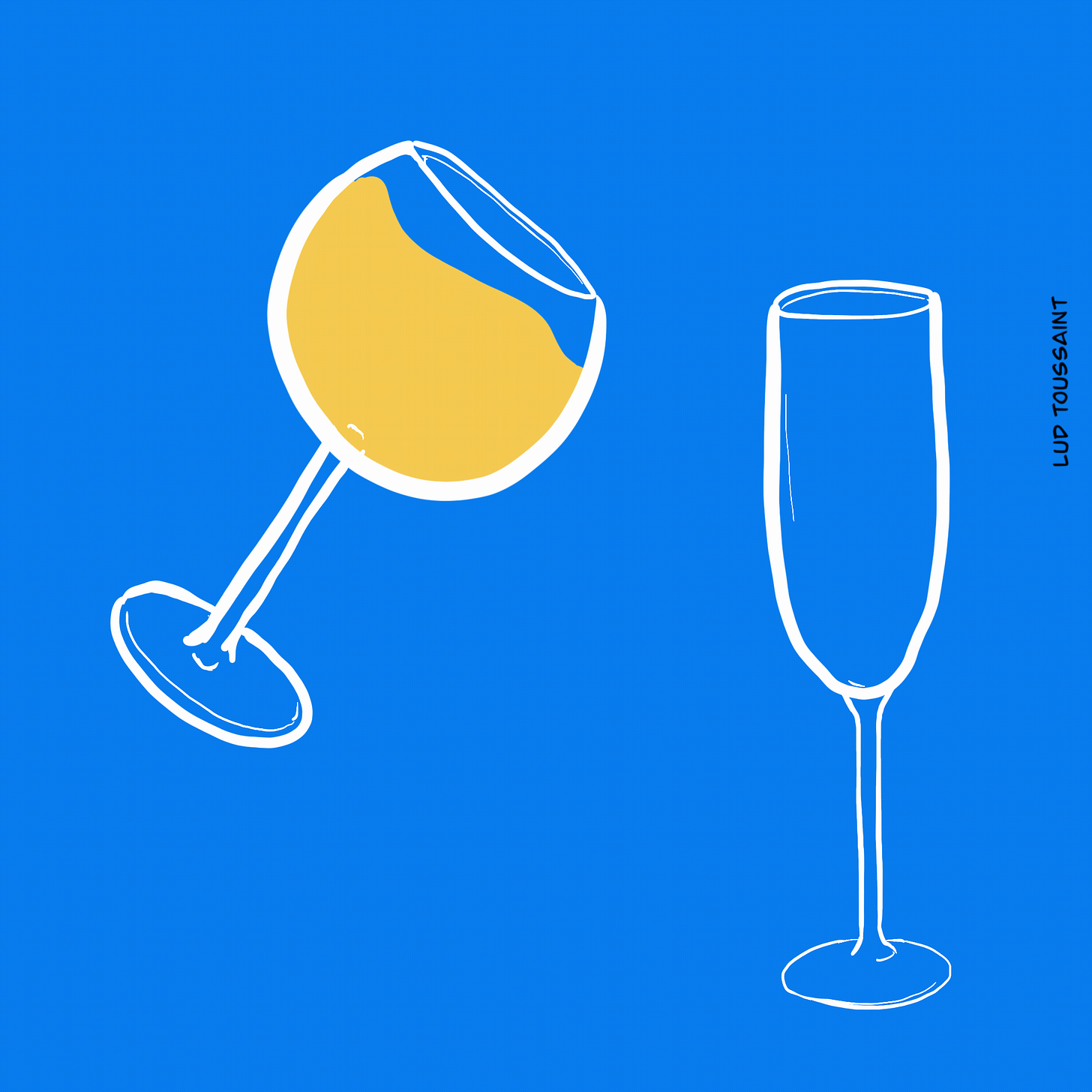
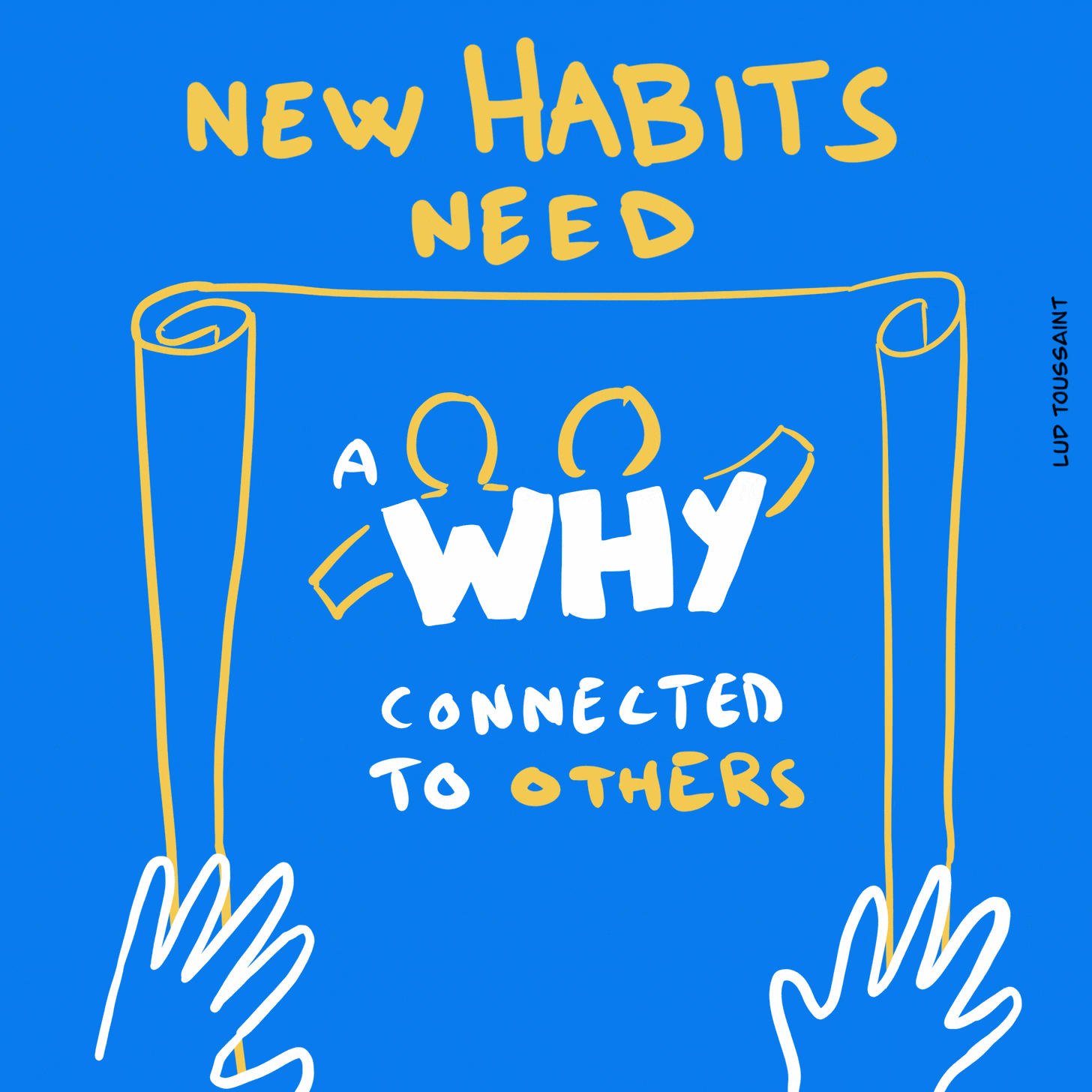
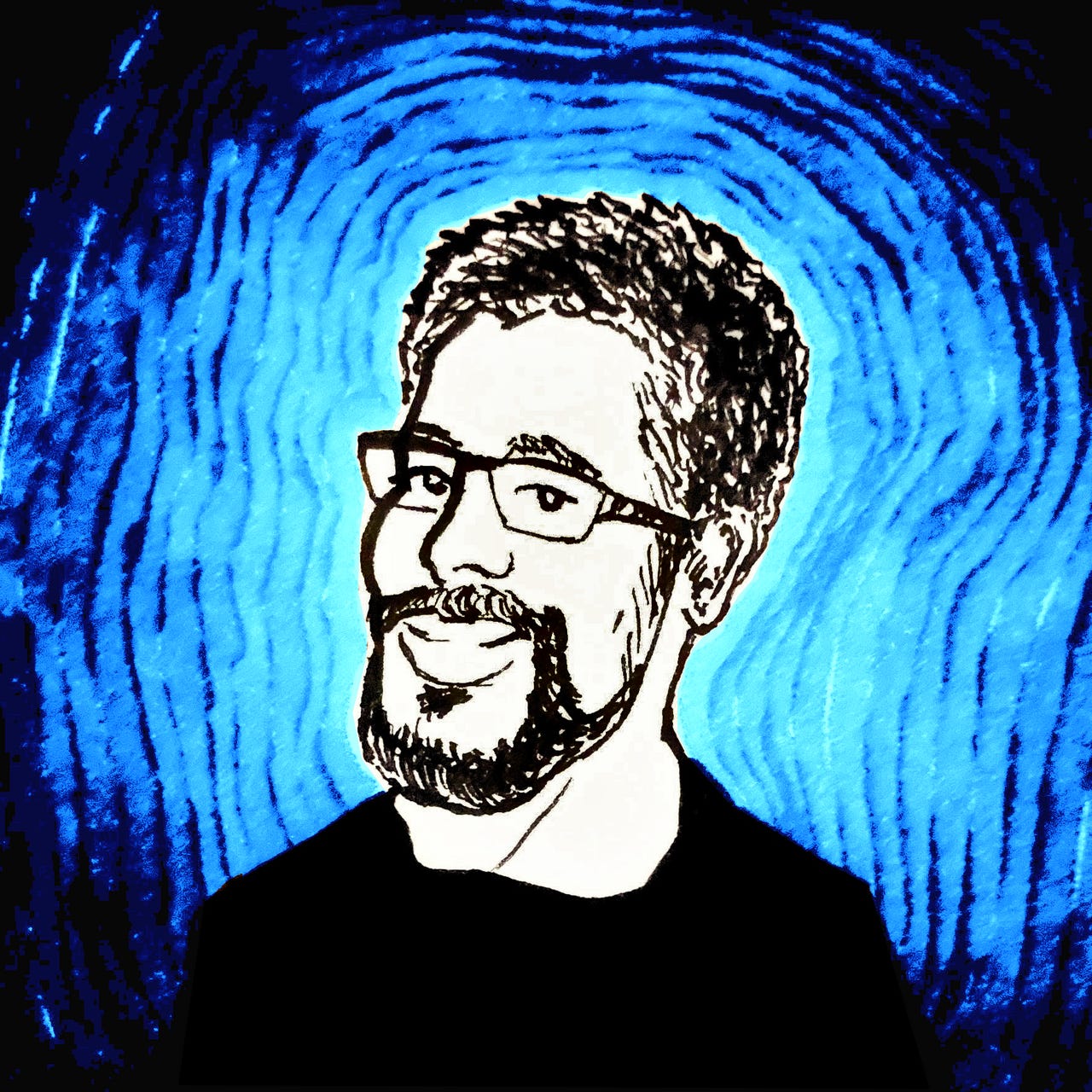

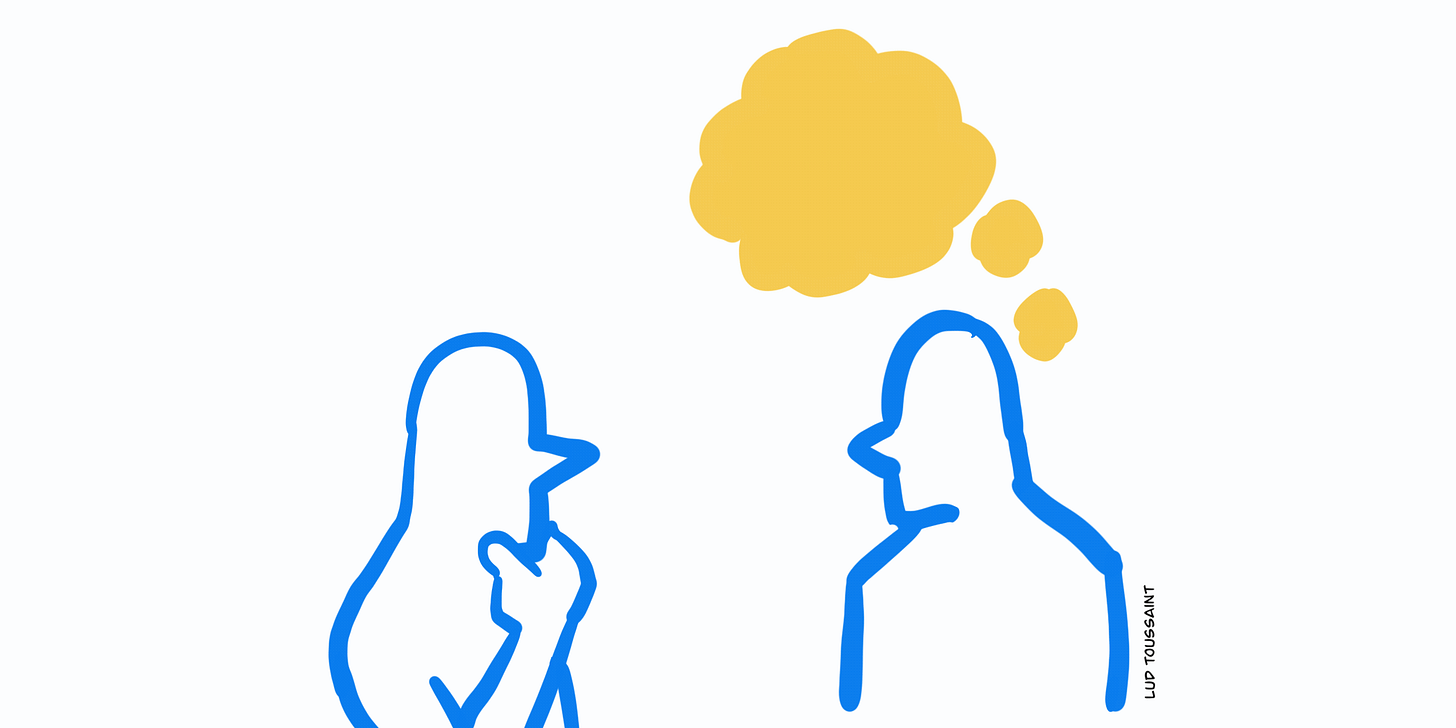



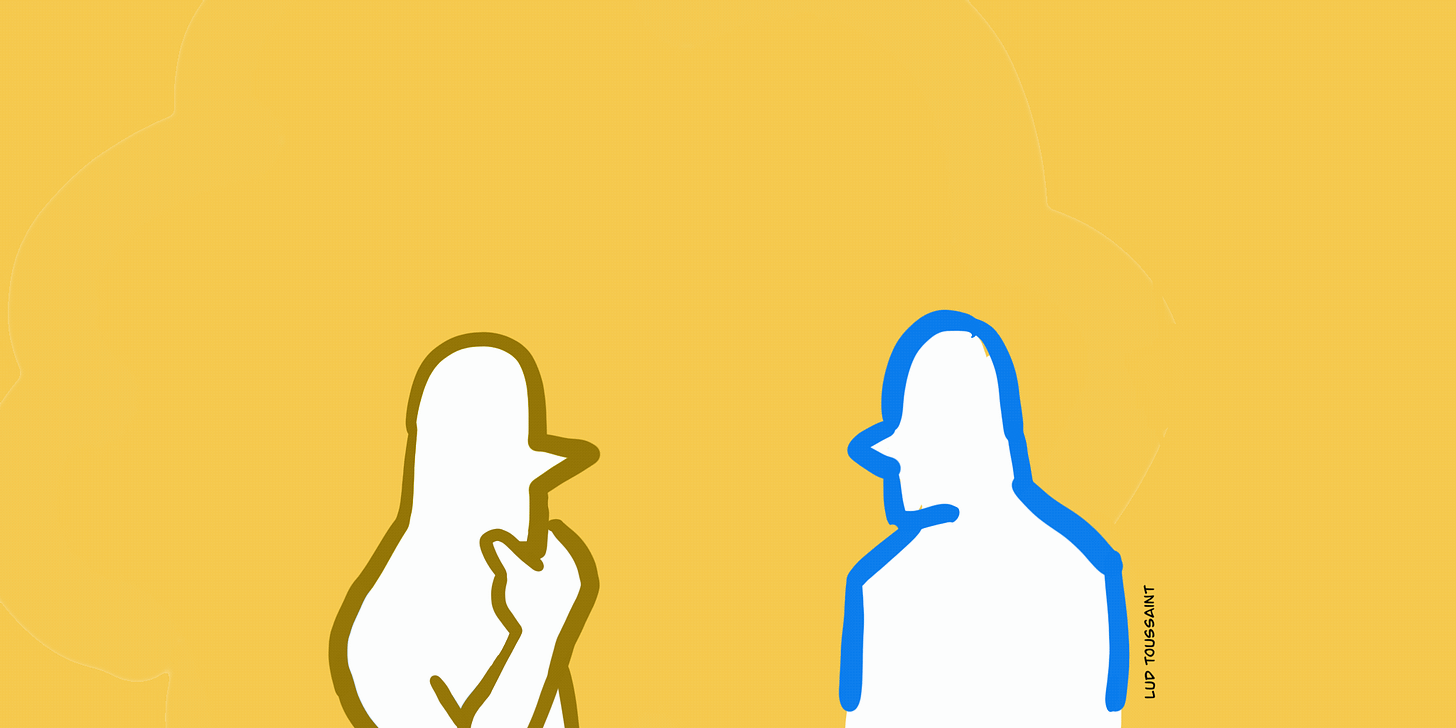

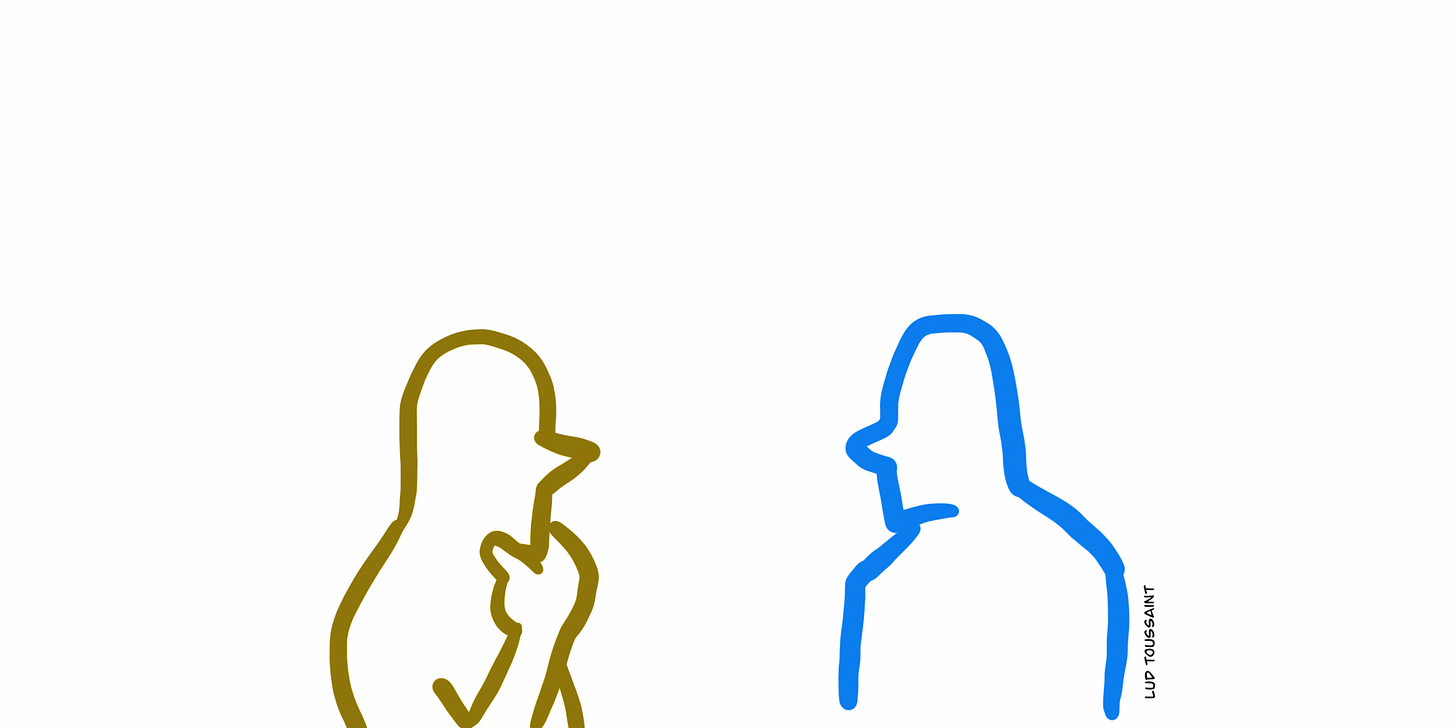

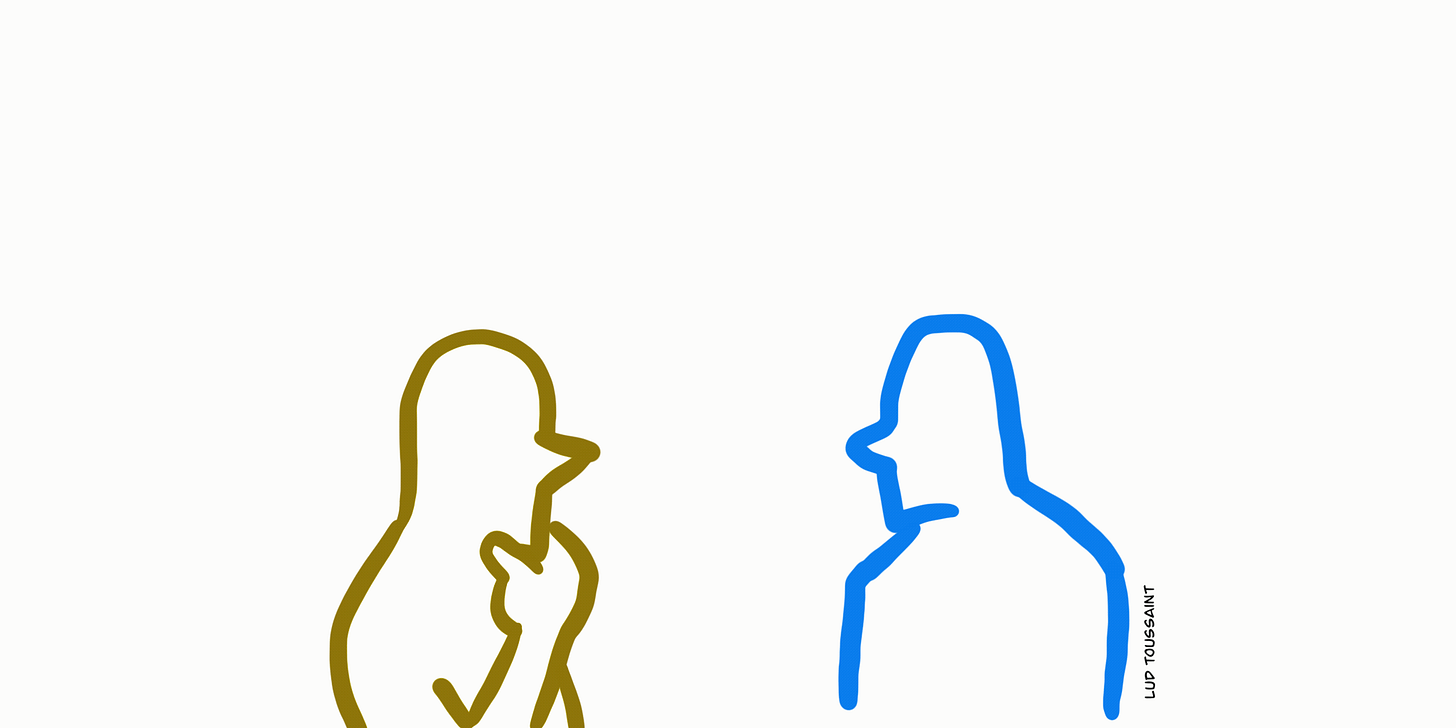



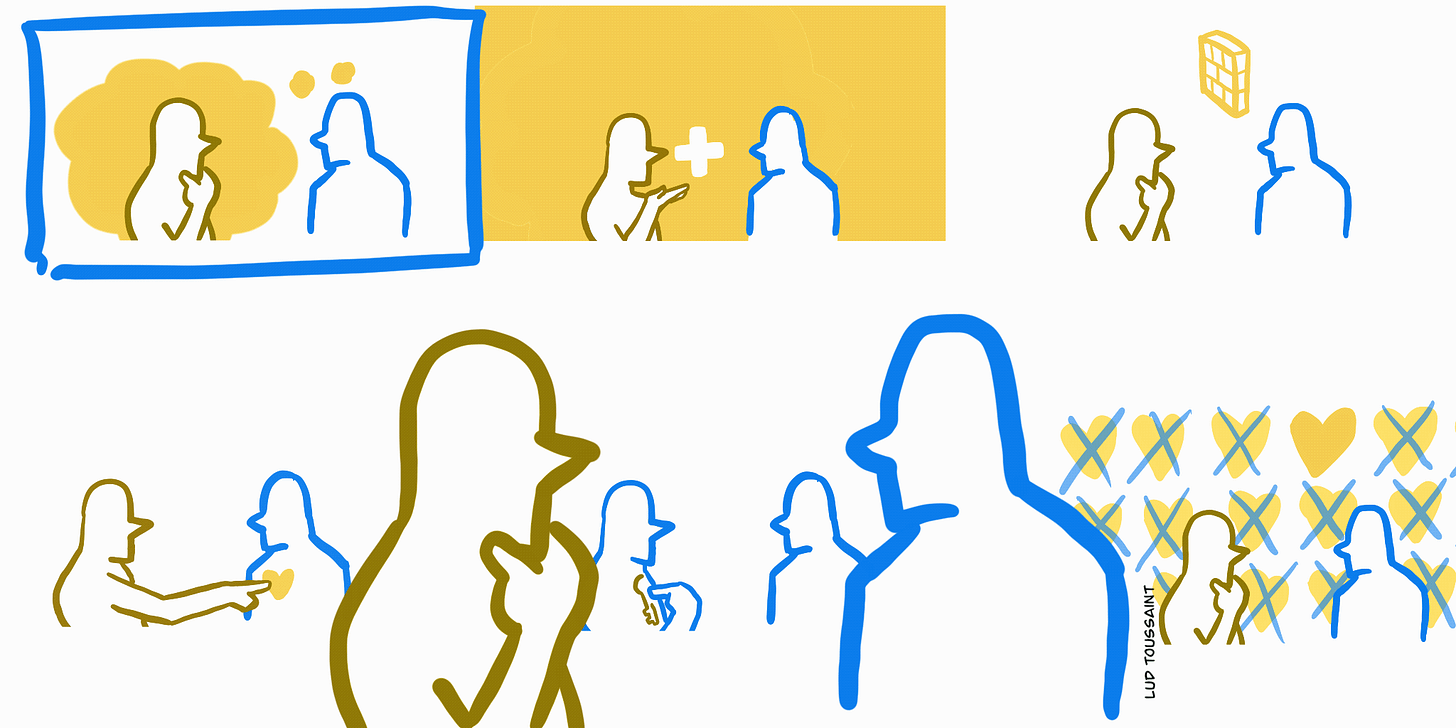
Seems the second Animation didn't load correctly, I jave posted sharing it again, so if you are curious check it here - https://substack.com/profile/79502176-lud-toussaint/note/c-128657433?r=1bc09s